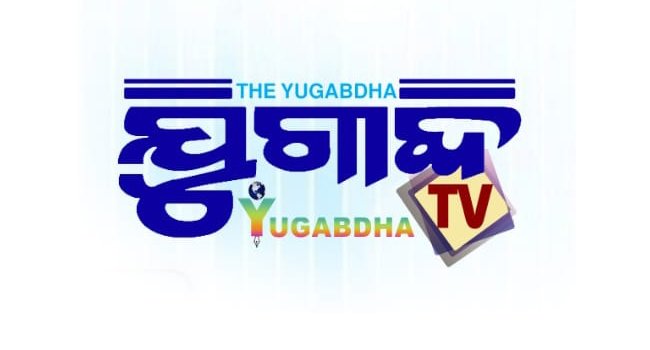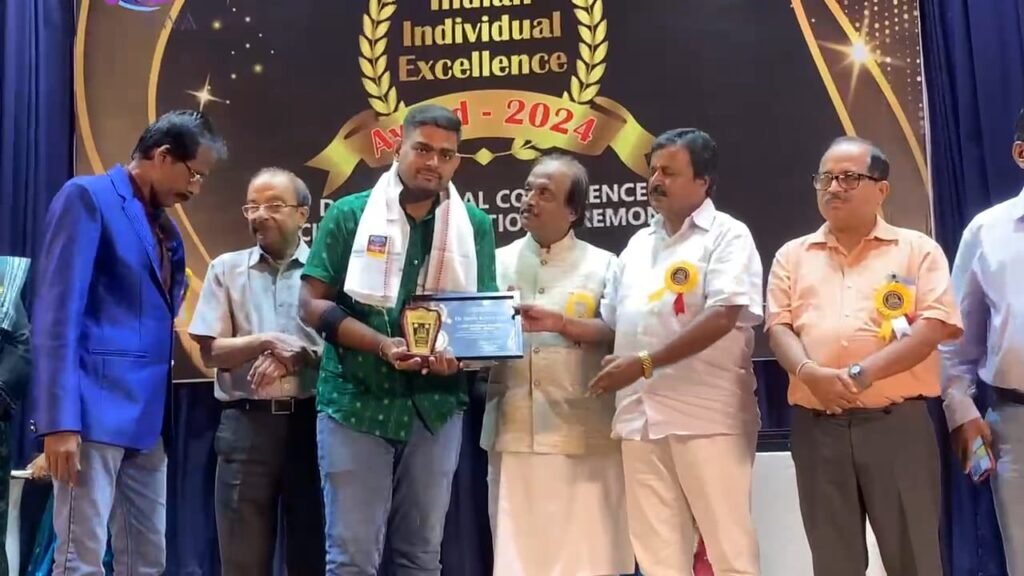Bhubaneswar, (YNS) : The Union Ministry of Education has launched 52 primers in various Indian languages, with the objective of offering teaching materials in local languages to students in the early stages of their education. This initiative extends to six local languages in Odisha. The main purpose of these primers goes beyond developing language proficiency in reading and writing; they also seek to cultivate creativity and critical thinking among learners in the early stages of education. Union Minister of Education and Skill Development and Entrepreneurship, Dharmendra Pradhan recently launched these primers. Primers for Gadba, Juang, Kui, Kisan, Santali Odia, and Sora have been developed specifically for Odisha. At the behest of the Ministry of Education, the NCERT has undertaken the creation of primers in 52 local languages across 17 states, encompassing languages spoken by tribal communities. Addressing on the occasion, Shri Pradhan emphasized the special emphasis placed on teaching in Indian languages under the National Education Policy (NEP) of 2020. “Special importance has been given to teaching in Indian languages in NEP 2020. Reading in local language will increase children’s clarity about the subject. This initiative of the government will prove to be a game changer in the field of education in future. Crafted by the Ministry of Education, this primer serves as a crucial tool for pronouncing, recognizing, and comprehending the letters and symbols comprising the alphabet of a language. It not only acquaints children with the individual characters but also introduces them to the meanings derived from combining these letters. Typically, a child’s initial education commences in their local language, but as they progress to school, they often switch to Hindi or the predominant language of their state, leading to initial challenges. Shri Pradhan asserts that if students are provided the opportunity to learn in their native language even within the school curriculum, their grasp of fundamental subjects will significantly improve. These primers are anticipated to be immensely beneficial in facilitating children’s education, particularly in rural areas. The introduction of 52 primers in Indian Languages by the Ministry marks a transformative development for young learners, especially during their early childhood educational preparation. This initiative ensures access to education in both their mother tongue and local language, initiating an inspiring journey for young minds. The outcome is anticipated to be a deeper understanding, a commitment to lifelong learning, enhanced familiarity with and connection to indigenous culture, and greater academic success and achievements in various spheres of life.






